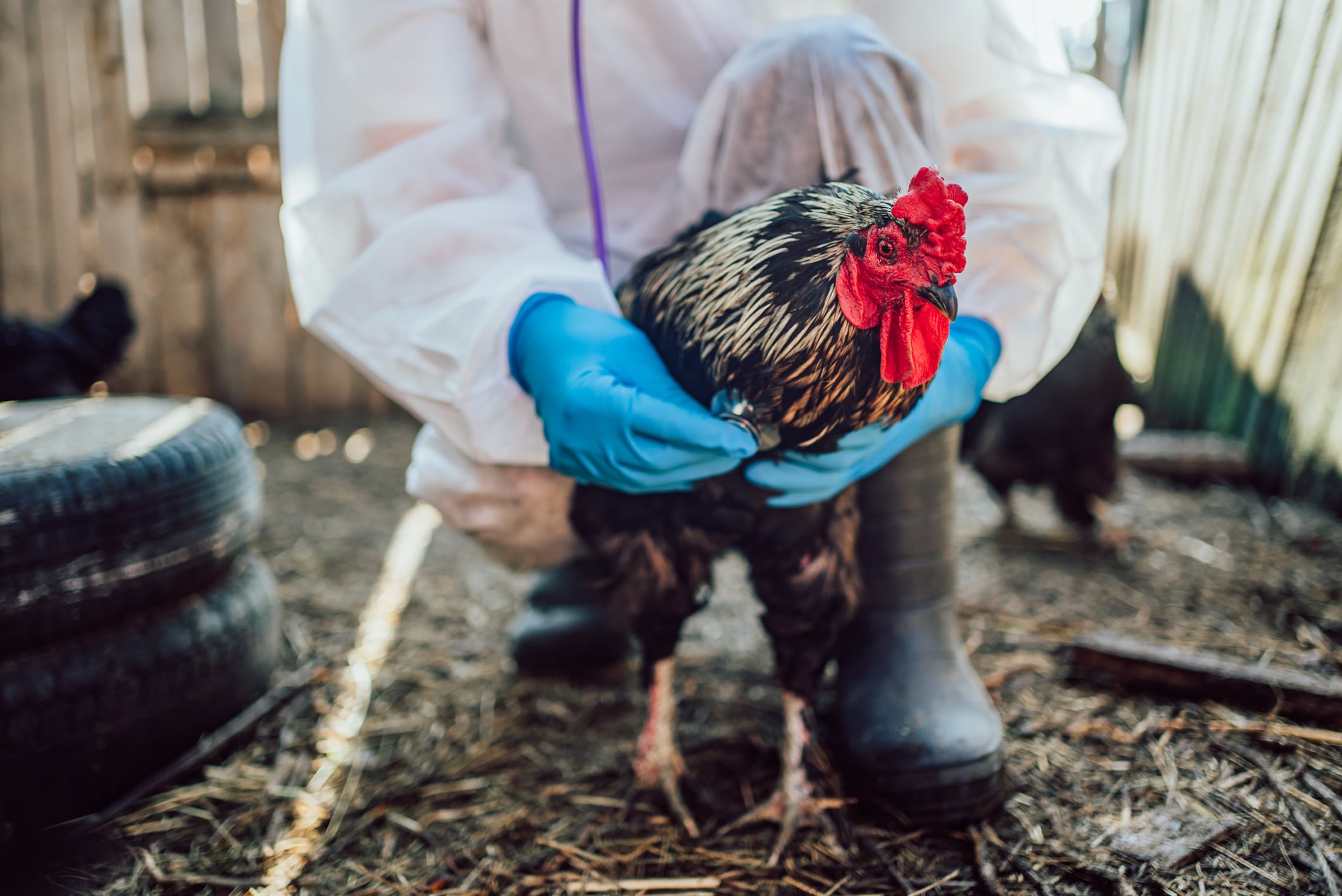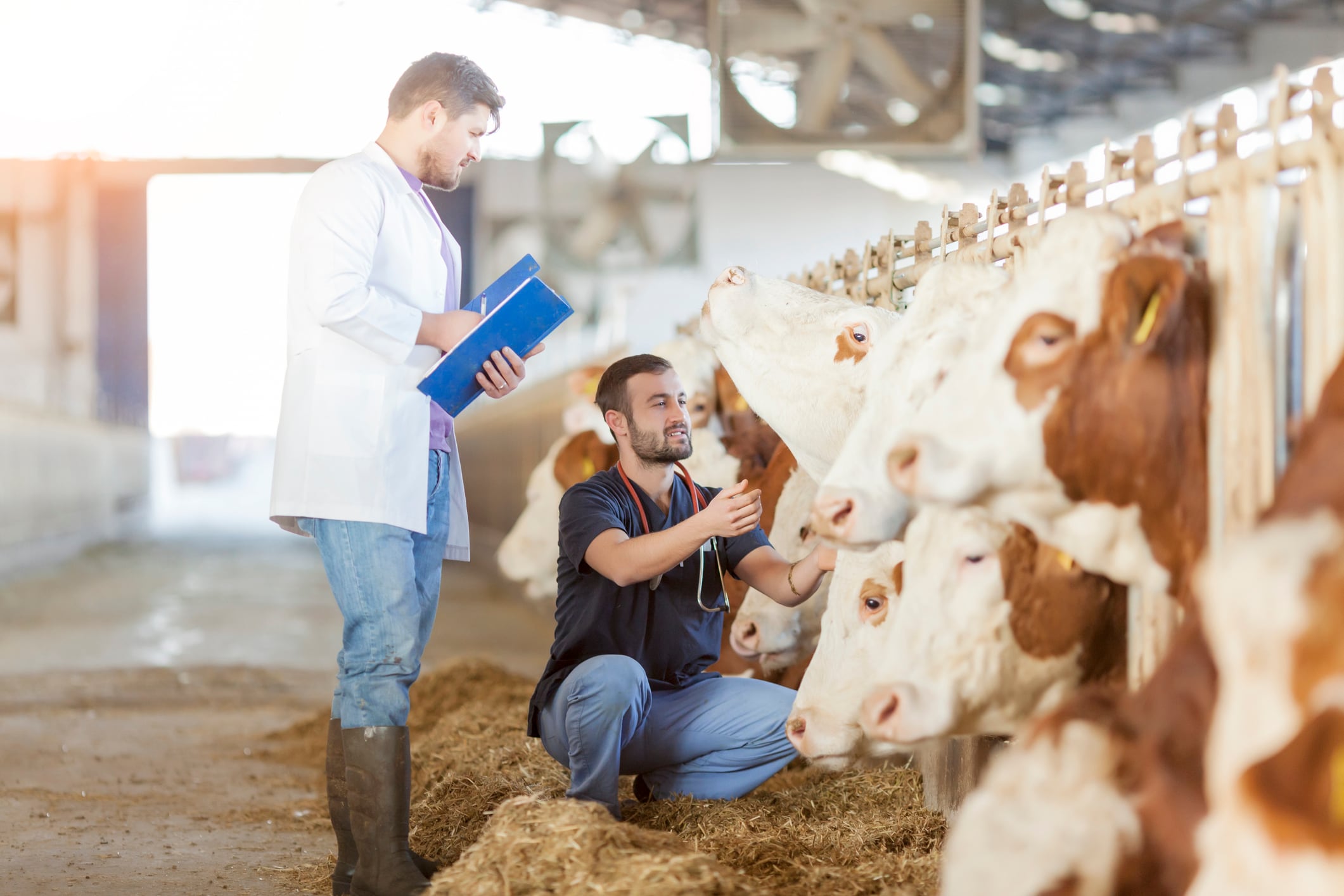Bird flu has been detected in a sheep for the first time ever.
A sheep in Yorkshire, UK has been found to have H5N1-type bird flu, which has rapidly spread in recent months. The case was confirmed following repeat positive milk testing.
The sheep has been culled for testing, and the remaining sheep in the flock have also been tested. The sheep was located on a site where bird flu had been found previously in birds.
The UK Health Security Agency (UKHSA) has stressed that risks to the general public remain very low, with the Food Standards Agency (FSA) adding that poultry and eggs remain safe to eat, as the virus is not normally transmitted through food.
Some farm workers have been infected, though infection rates in humans remain low.
The risk to livestock
Dr Meera Chand, emerging infection lead at the UKHSA, states that current evidence suggests the spreading avian influenza does not pass to humans easily.
“We have confirmed the detection of influenza of avian origin (H5N1) in a single sheep on a farm in Yorkshire. Strict biosecurity measures have been implemented to prevent the further spread of disease,” said the UK’s chief veterinary officer Christine Middlemiss.
“While the risk to livestock remains low, I urge all animal owners to ensure scrupulous cleanliness is in place and to report any signs of infection to the Animal Plant Health Agency immediately.”
Sheep are only the latest in a long list of mammals to get the disease: previous infections have reached bears, tigers, seals, dolphins, dogs and even cats.
The spread of bird flu
Throughout both Europe and the US, cases of avian influenza have spiked, and hundreds of millions of birds have been killed in an effort to contain the disease’s spread.
Jumping from poultry to cows, the disease has also caused the rapid increase in the price of eggs in the US.
Biosecurity measures have been ramped up, including in the north of England.
In late January, the European Food Safety Authority (EFSA) issued a pandemic warning as the risk of the disease spreading from birds to humans intensified. Some researchers are also developing a vaccine.





